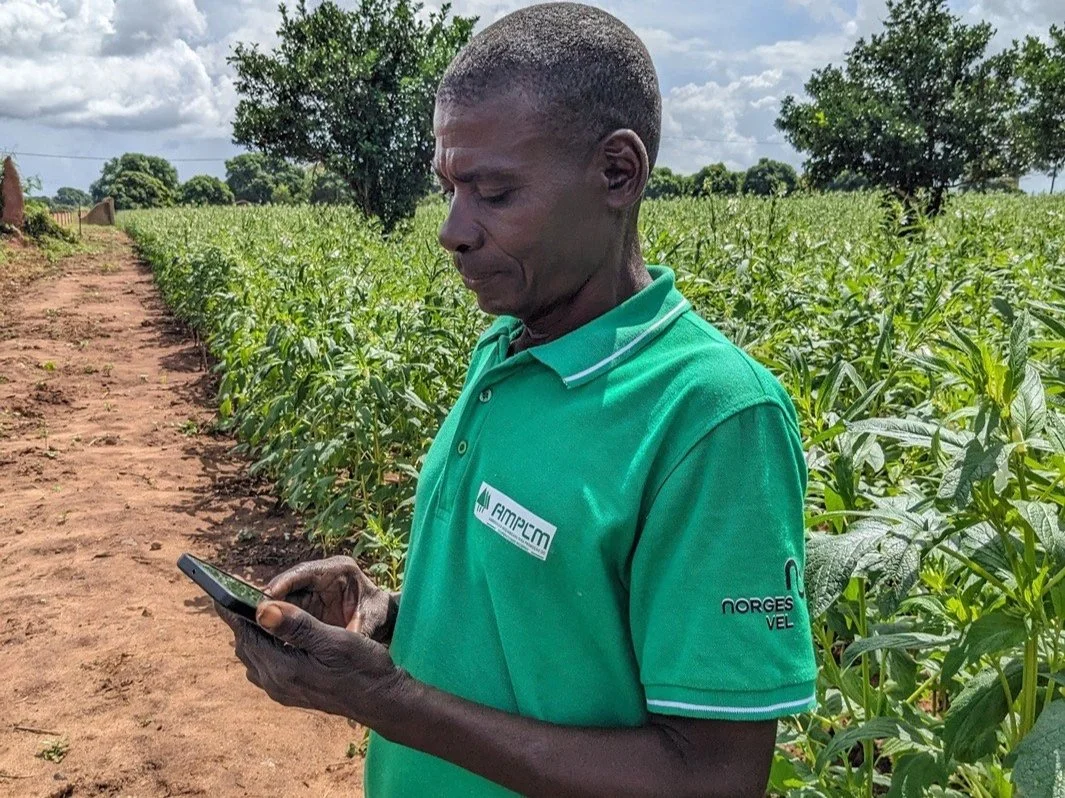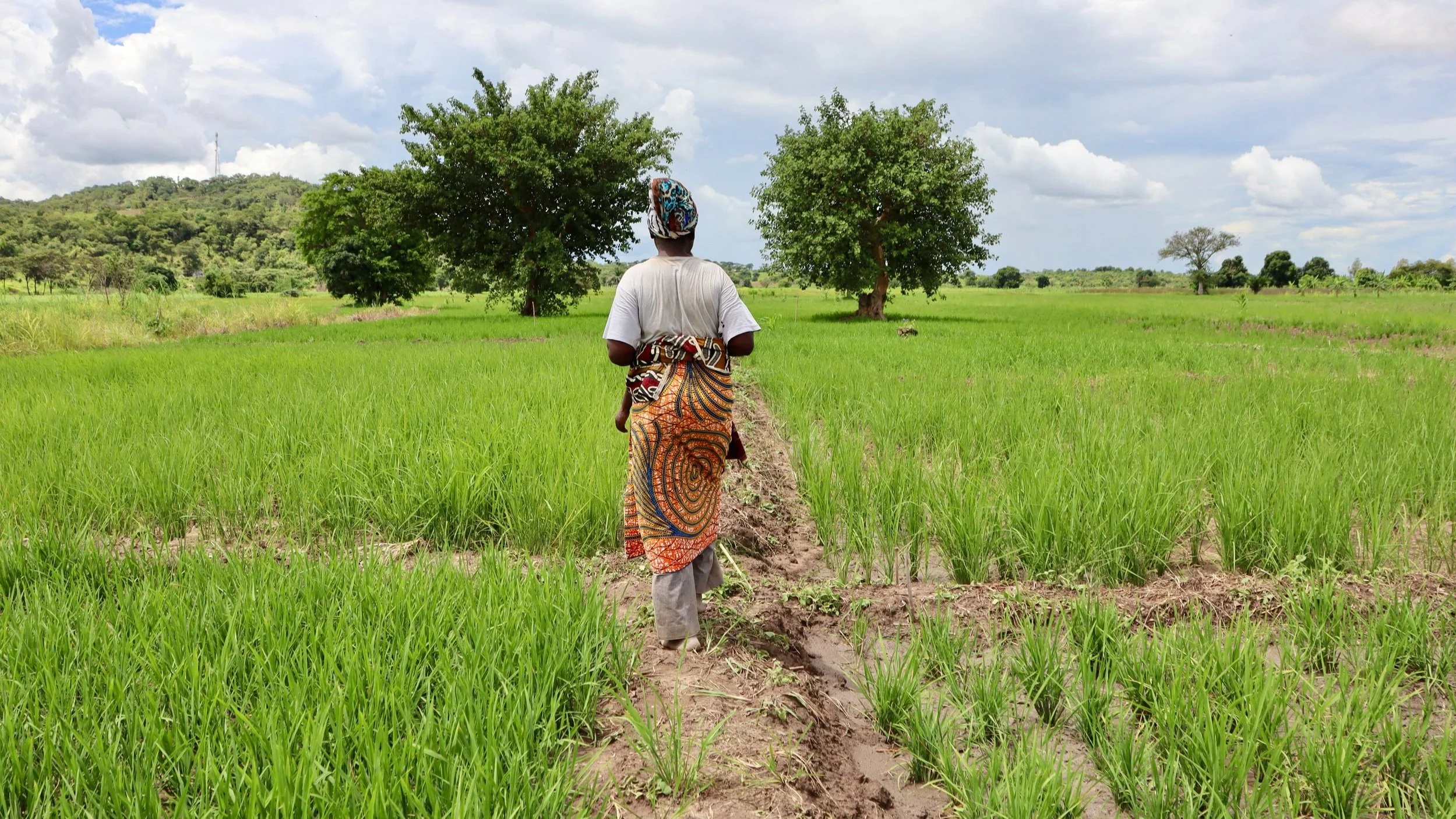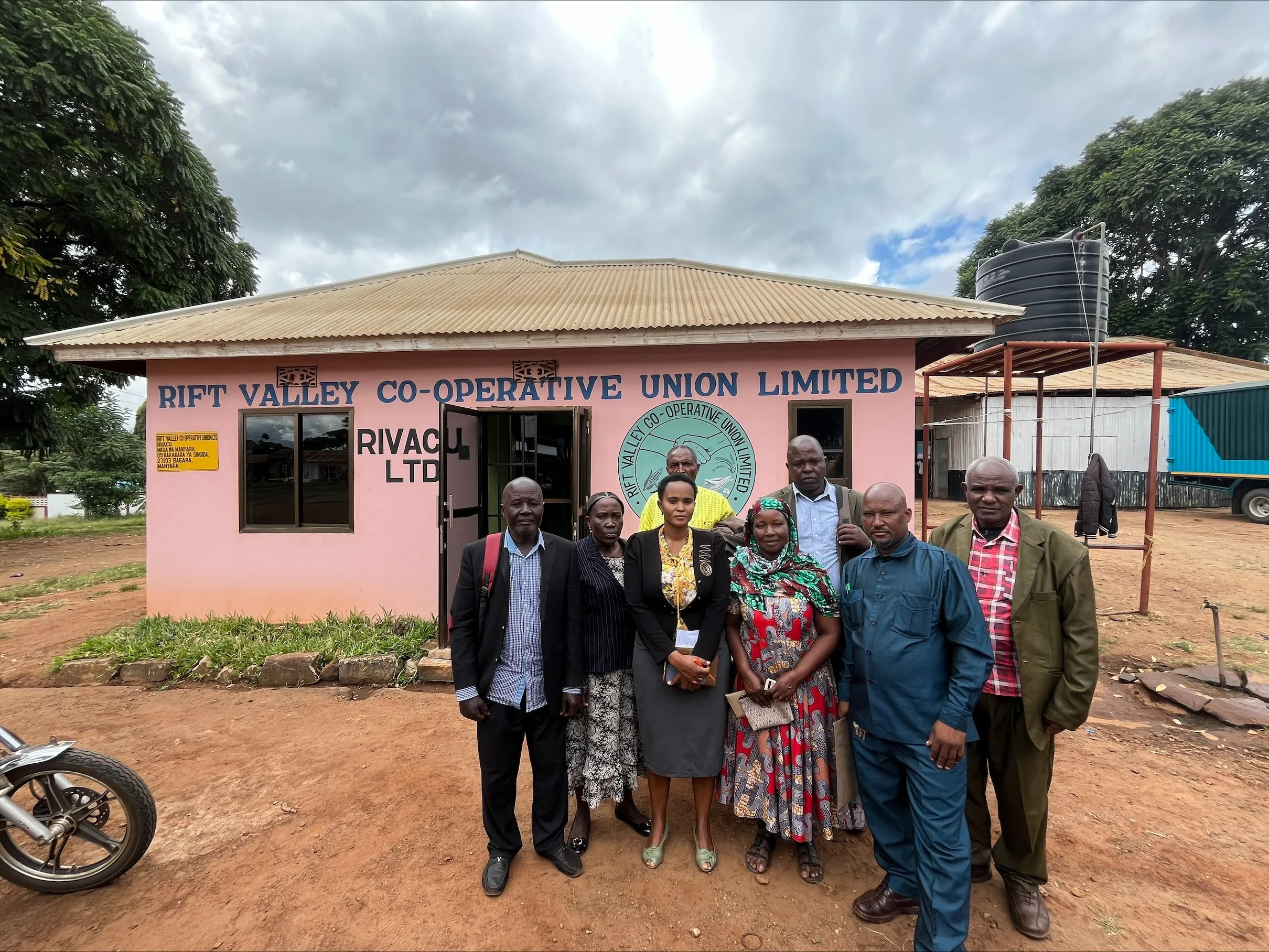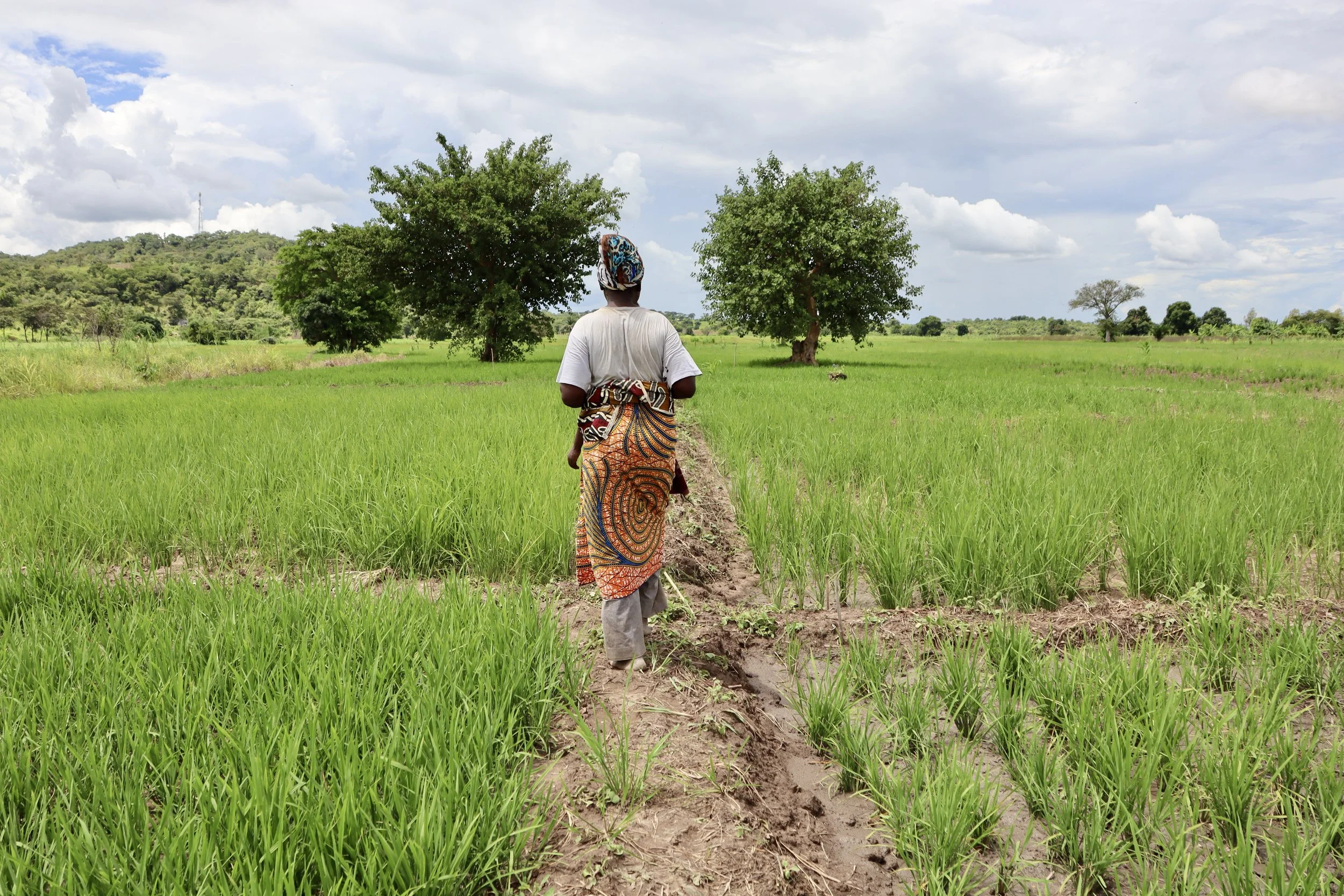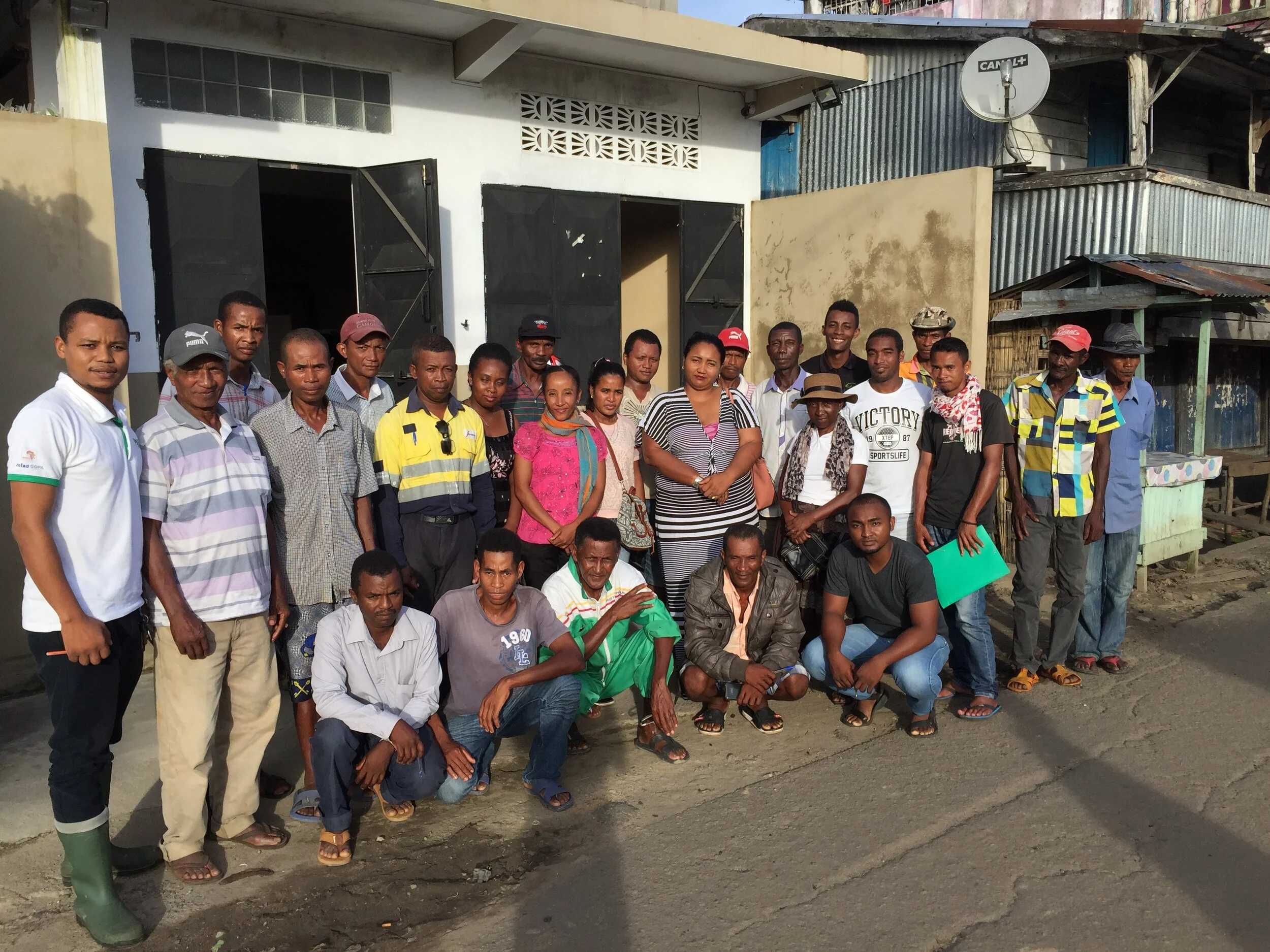Like many African countries, Mozambique has experienced significant growth in digital technology, and agriculture is one sector beginning to benefit from this development. Increased digitalization in agriculture has the potential to improve efficiency, sustainability, and income for small-scale farmers.
Read MoreAflatoxins are toxins in food products caused by mold and pose a significant health threat to humans and animals, particularly in the Global South. The toxin is responsible for at least 30% of liver cancer cases in Africa, it weakens the immune system, contributes to growth disorders in children, and it kills thousands of livestock annually. Together with partners in Mozambique, Norad and other organizations, Norges Vel has taken the initiative to produce the organic pesticide, Aflasafe, locally in Mozambique to more effectively reduce aflatoxin levels in peanut and maize production.
Read MoreThrough this five-year programme, are goal is to strengthen food security for more than a million consumers in Tanzania, Mozambique, Madagascar by increasing small-scale food producers’ production, productivity, market access and climate resilience with a specific focus on women.
Read MoreIn northern Mozambique, where 80% of the adult population are farmers, the community faces significant challenges. Poor soil quality and unpredictable weather make it difficult to produce enough food and secure a stable income. By implementing agroforestry practices on farms, farmers can reduce climate risk, improve soil health, and gain additional household income.
Read MoreBy empowering farmers with local knowledge, social support, necessary inputs, and market connections, we aim to develop a regional network of agroecological hubs that will serve as a model for scaling food security and sovereignty throughout Mozambique.
Read MoreOur main goal is to increase sustainable income for small-scale food producers in Northern Mozambique by creating professional cooperatives capable of meeting quality standards and production requirements for export markets for cashews and peanuts.
Read MoreFish and other seafood are important natural resources in Madagascar, but historically, several attempts at profitable freshwater aquaculture have failed. Since 2011, Norges Vel has supported the development of the value chain from egg to table through tilapia farming as a climate-resilient and sustainable industry. The goal then and moving forward in the period 2024-2026 is to contribute to food security, increased incomes, and more jobs.
Read MoreThe Regional Programme of Cooperative Development is a subproject under Growing Resilience where we are working through a range of activities to increase food security in Tanzania and Mozambique through sustainable local value chains.
Read MoreThrough inclusive value chain development, this project will support small-scale rice producers to overcome these challenges with a special emphasis on women and youth.
Read MoreNorges Vel has developed the value chain of fish farming as a sustainable local industry in Madagascar. The objective is to reduce poverty, create more jobs and improve nutrition.
Read MoreAlong with the German development organisation GIZ, Norges Vel is in the process of establishing a new cooperative that already organises 50 fish farmers on the east coast of Madagascar.
Read MoreMore than one million households in Mozambique grow and sell cashew nuts. But the country's cashew trees have low productivity due to mould on the cashew flowers. Now, efforts are going to be made to develop a new bio-spray against mould to boost cashew production and the farmers' incomes.
Read MoreNorges Vel has carried out a pilot project for tilapia farming in Mozambique based on the model from our project on Madagascar, and adapted to local conditions. The pilot project has laid the foundation for a larger programme that is currently in progress to improve food safety and reduce poverty through economic development in the field of aquaculture.
Read MoreThe residue from sugar production that used to add to environmentally harmful methane emissions, will now be turned into environment-friendly energy and jobs. Through the project Biofuel4Kenya, local enterprises will be established to make biomass briquettes from the waste.
Read MoreOrganising smallholder farmers of rice in Tanzania has given good results. Two companies owned by farmers have been established. Productivity has increased, incomes have risen, and production has become more environmentally friendly than previously. More and more smallholder farmers appreciate that collaboration is sensible, and yields results.
Read MoreCEPAQ (Centro de Pesquisa em Aquacultura) is an important player in the development of the aquaculture sector in Mozambique. CEPAQ will contribute to profitable farming of the species Tilapia.
Read MoreTogether with the English environmental organization Blue Ventures, Norges Vel has contributed to providing the local population with a sustainable additional income from algae cultivation and sea-cucumber farming.
Read MoreThe genetic and biological diversity of vegetables in Transylvania is threatened by modern, standardised agricultural production. Norges Vel was commissioned by Civitas in Romania to help preserve the biodiversity.
Read MoreGreen entrepreneurship helps create jobs, increase income and promote more environment-friendly solutions. These were the goals when Norges Vel took the initiative to start an incubator for economic development in the field of renewable energy in Uganda in 2011. The incubator established 14 green enterprises and supported 24 green entrepreneurs over a six-year period.
Read More
